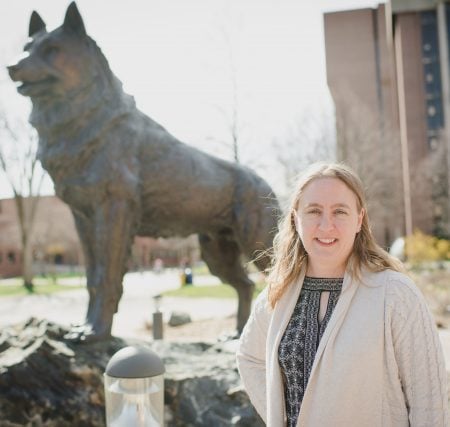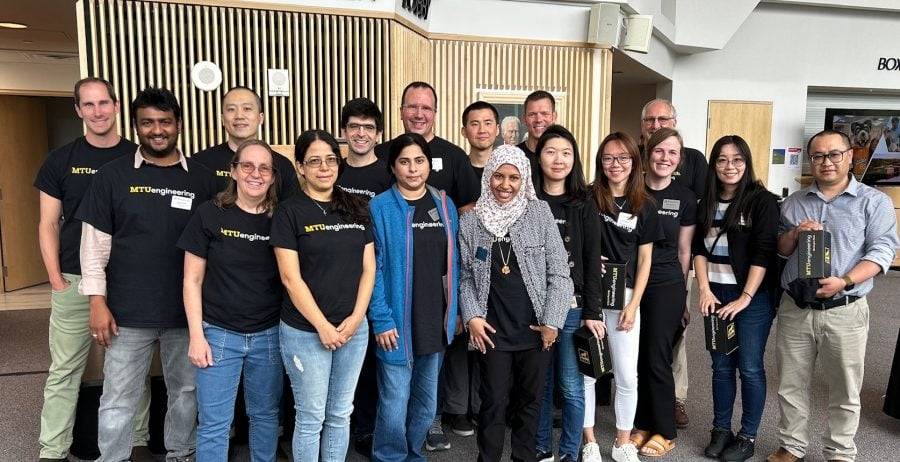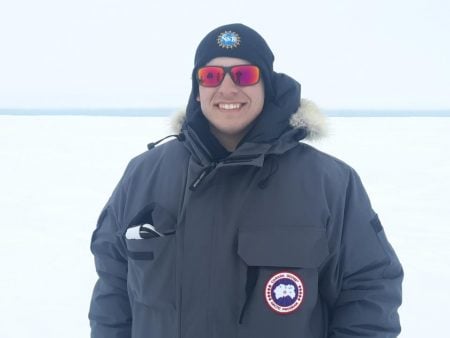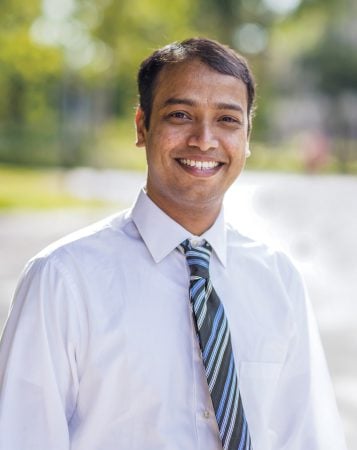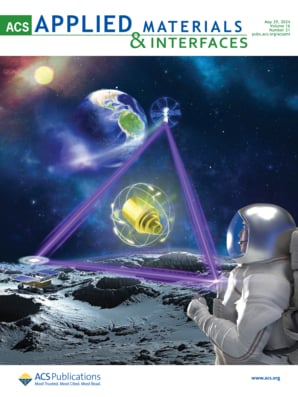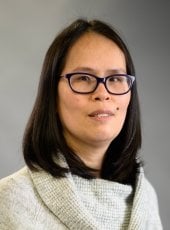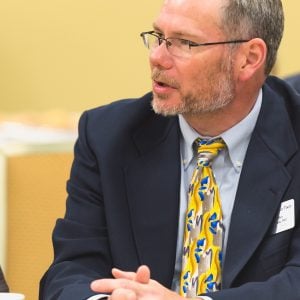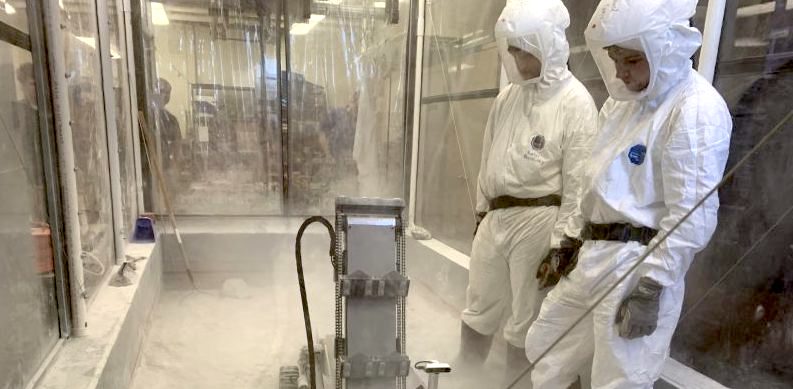
For over 15 years, Michigan Tech’s Rail Transportation Program (RTP) has been committed to developing tomorrow’s leaders in rail engineering. As part of the Michigan Tech Transportation Institute (MTTI) and Department of Civil, Environmental, and Geospatial Engineering (CEGE), RTP has served as a beacon of research, education, and innovation for rail enthusiasts from high school students to expert faculty and everyone in between.
Michigan Tech’s one-of-a-kind program was founded in 2007 by Pasi Lautala, then a recent Michigan Tech doctoral graduate, now long-time faculty member, who serves as director of both RTP and MTTI. Since its inception, the program’s goal has been three-fold: education, research, and outreach.
